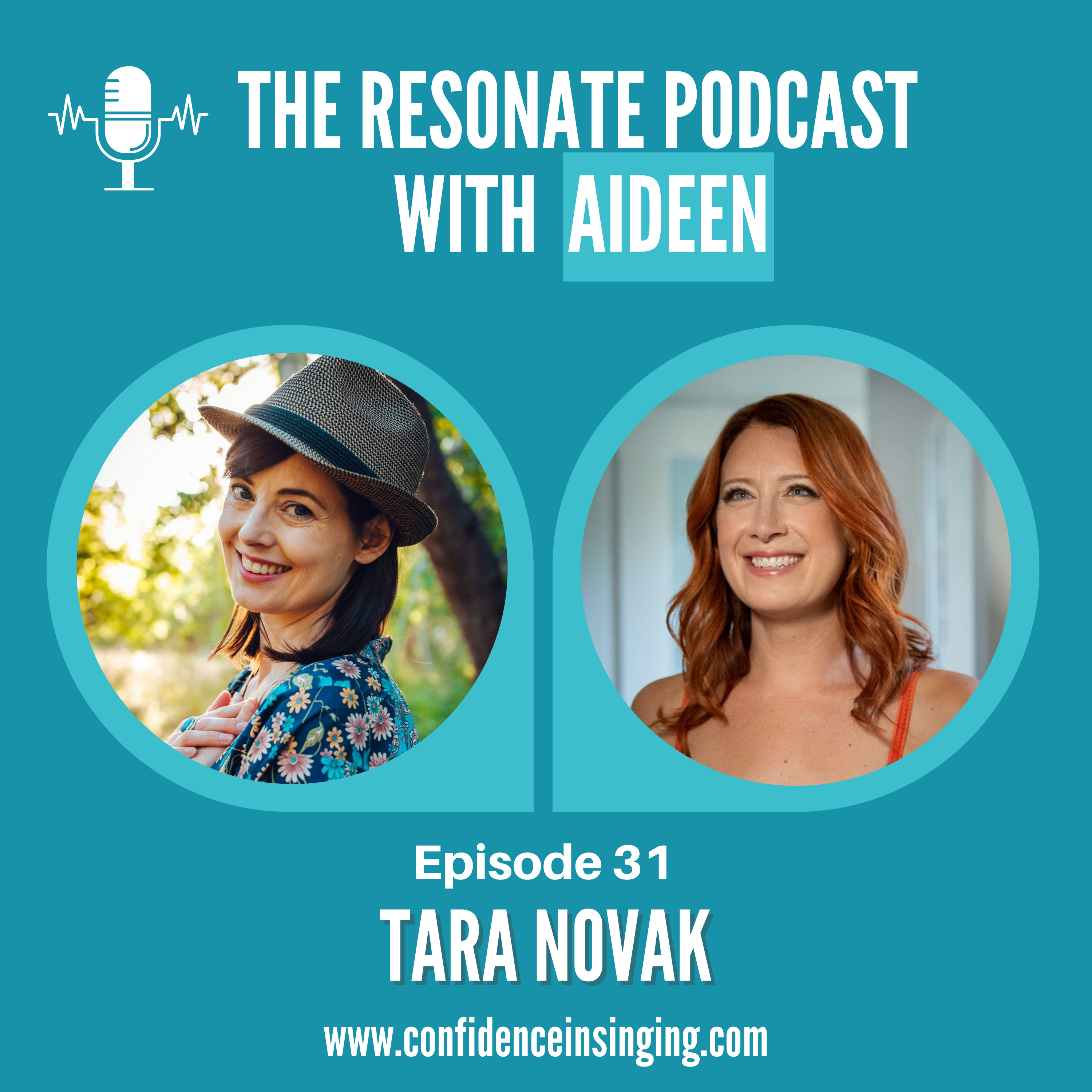Songwriter and composer Tara Novak performs with her husband Ciaran Nagle in their contemporary Irish folk band Ishna and is known internationally for her captivating violin and fiddle playing. She has spent many years touring with large shows (Aladdin, Riverdance, the Three Irish Tenors), but can mostly be found now onstage sharing her own or other musician’s original music in intimate settings. As an arranger and recording artist, she has collaborated across many genres. Her work carries both herself and her listener on an inward journey, searching for authenticity and kindness.Tara’s debut album of original songs, “Layers of Identity”, was just released in Oct 2022. You can read about her songs, listen to the album, and learn more about Tara on her website: taranovak.com
Connect with Tara
Website: taranovak.com
Instagram: taranovakmusic/
Facebook: taranovakmusic
YouTube: youtube.com/c/taranovakviolin
Spotify: spoti.fi/3LzK0D1
Apple Music: tara-novak/407203659
SoundCloud: soundcloud.com/taranovakmusic
LinkTree: linktr.ee/taranovakmusic
